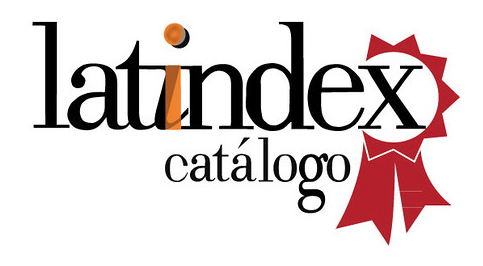New Tools for Theuth's Myth
Palabras clave:
Representation, web, city, elusive vision, automaticResumen
Introduction
Socrates encourages knowledge that comes from oral communication between men who live in the city. And he evokes the Egyptian divinity, Theuth, to give more importance to his argument.
The myth recounts that Theuth, after inventing writing, gifted it to the Egyptians.
King Thamus admonishes him, underlining the fact that this new kind of communication will reduce the capacity of memory.
The complexity of the city has always been in balance between unity and multiplicity, order and chaos, memory and nemesis, stereotype and peculiarity.
Today we have many new tools for increasing the knowledge of cities: multimedia informatic systems; 3D reconstructions, and the so-called Web 3.0
We can observe every point of the globe but the enormous quantity of data leaves us without the memory of places that are useful for the comprehension of the phenomena.
The virtual city, or the labyrinth of the perception, reveals itself only when observed from the sky, while we are wearing Daedalus’ wings or potent lenses of a satellite?
The challenge of our days, maybe, is to design critical structures able to give an organic and well define vision of the city. Only in this way will it be possible to define a city as a specific “Place”.
Keywords
Representation; web; city; elusive vision; automatic
Descargas
Descargas
Publicado
Número
Sección
Licencia
El copyright del texto y la edición será cedido por los autores a la Revista Urban del Departamento de Urbanística y Ordenación del Territorio (Escuela Técnica Superior de Arquitectura de Madrid - Universidad Politécnica de Madrid).
Esta cesión se realizará mediante la firma y envío vía mail al Equipo Editorial del modelo de carta que se encuentra en la web de la revista.
La revista permite el auto-archivo de la versión post-print (en su versión editorial) después de un periodo de 12 meses tras la publicación de la revista. La Revista Urban autoriza este auto-archivo en páginas web personales de los autores y repositorios institucionales y/o temáticos.
Urban is an open access journal which means that all content is freely available without charge to the user or his/her institution. Users are allowed to read, download, copy, distribute, print, search, or link to the full texts of the articles on this journal without asking prior permission from the publisher or the author. This is in accordance with the BOAI definition of open access.









